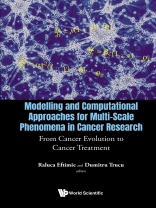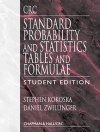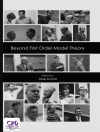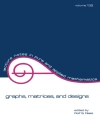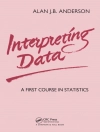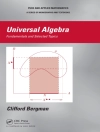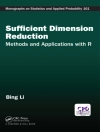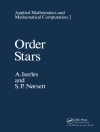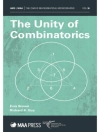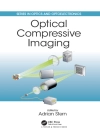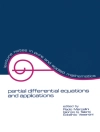Cancer development and progression is the result of biological phenomena that occur across multiple temporal and spatial scales. Recent years have seen a flurry of multi-scale mathematical models developed to generate and test new biological hypotheses related to cancer development, progression, and various treatment approaches. This has led to the development of new computational and analytical approaches aimed at investigating these multi-scale models.
This review volume summarises the state of the art related to the modelling, experimental investigation, and data assimilation of multi-scale phenomena during cancer development, evolution, and treatment, as well as the computational and analytical investigation of the multi-scale models developed to reproduce the biological phenomena. The book also identifies the experimental and theoretical open problems that will have to be addressed in the near future in order to advance this field. Modelling and Computational Approaches for Multi-Scale Phenomena in Cancer Research is an excellent resource for both early career and advanced researchers.
Contents:
- Introduction: Brief Review of Multi-Scale Aspects in Cancer (Raluca Eftimie)
- Using Mathematical Models to Predict Glioblastoma Growth and Response to Treatment in a Patient-Specific Manner (Dana L Hutton and Kismet Hossain-Ibrahim)
- Multi-Scale Aspects of Immune Responses to Cancers: Mathematical and Computational Modelling Perspectives (Raluca Eftimie)
- From Cancer Evolution to Treatment: Viscoelastic Aspects of Solid Cancers (Ivana Pajic-Lijakovic and Milan Milivojevic)
- Modelling Cell Migration in Cancer Spread as a Response to Multi-Cue Heterogeneous Environments: A Kinetic Approach (Nadia Loy and Martina Conte)
- Multi-Scale Mathematical Modelling and Simulations of Chemo-Viro-Therapies for Cancer (Andrei Ciprian Macarie and Dumitru Trucu)
- Spatio-Temporal-Structural Approaches in Cancer and Immunity Focussed on Oncolytic Viral Therapies (Arran Hodgkinson and Dumitru Trucu)
- Malignant Transformation of Low-Grade Astrocytomas through a Mechano-Biological Triggering Hypothesis: Imaging-Informed Modelling (Meryem Abbad Andaloussi, Stéphane Urcun, Andreas Husch, Isabel Fernandes Arroteia, Giuseppe Sciumè, Stéphane Bordas, and Frank Hertel)
- Brain Tumour Evolution Backwards in Time via Reaction–Diffusion Models and Sobolev Regularisation (George Baravdish, B Tomas Johansson, Lukáš Malý, and Olof Svensson)
Readership: Suitable for postgraduate students and researchers interested in single-scale and multi-scale modelling in oncology.
Raluca Eftimie is a Professor in Mathematics at the University of Franche-Comté, interested in single-scale and multi-scale modelling of various phenomena in biology and medicine. She is on the Editorial Boards of multiple journals in Applied Mathematics / Mathematical Biology. She has previously published a research monograph on Hyperbolic and Kinetic Models for Self-Organised Biological Aggregations (Springer, 2018). Dumitru Trucu is a Reader in Mathematics at the University of Dundee. His research interest is in the area of computational multiscale moving boundary modelling and analysis for multiscale structured processes involved with solid tumours growth and spread in fibrous tissue environments. He has previously co-authored a research monograph on Mathematical Models and Methods for Living Systems: Levico Terme, Italy 2014 — Lecture Notes in Mathematics 2167 – CIME Foundation Subseries (Springer, 1st ed. 2016).
